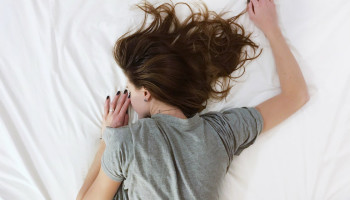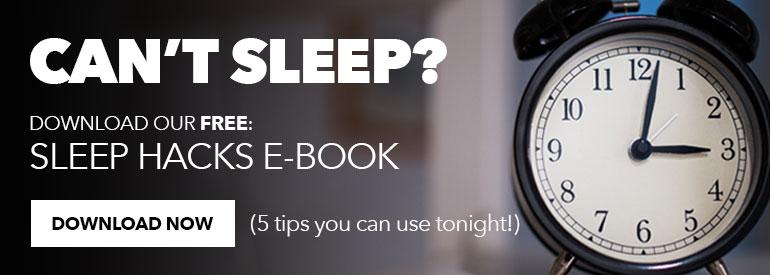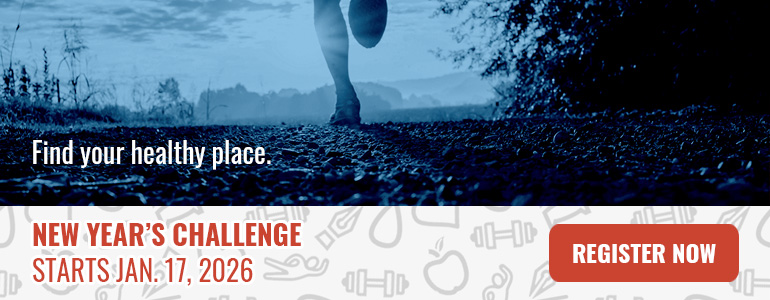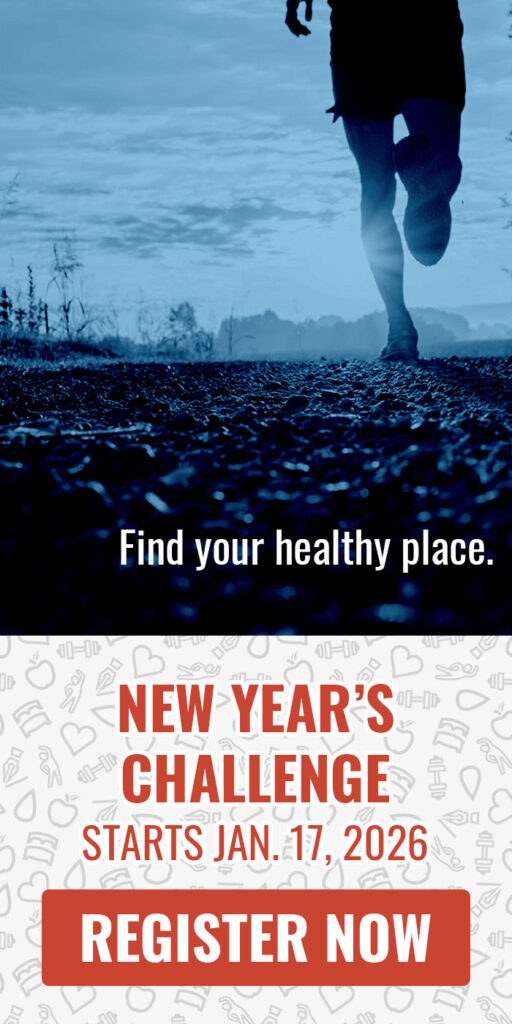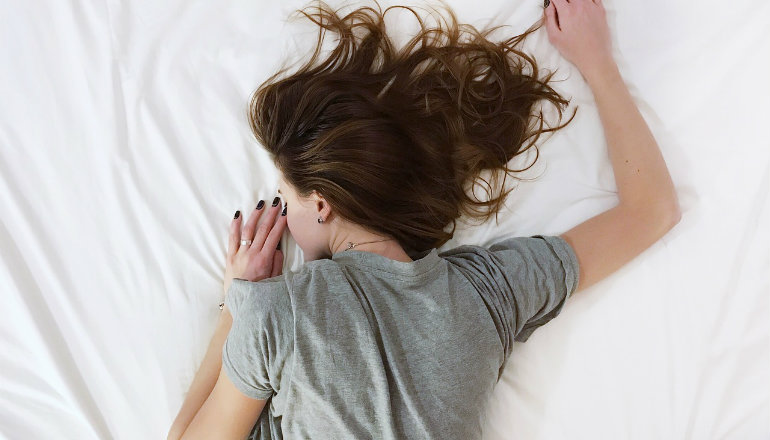 Reading Time: 5 minutes
Reading Time: 5 minutesIn high school, I had a friend whose mom lived a glamorous life of parties, concerts, and late-night socializing. She’d sweep into the room on her way out for the third night in a row, and tell us in her husky voice, “Girls, you can sleep when you’re dead.”
My friend would repeat this phrase to me any time I said I was too tired to go out, and it usually convinced me to reconsider and head out the door.
I’ll admit now the saying terrified me. First, because of the mention of death, and second, because I love to sleep. I’ve always been a morning person and terrible at staying up late. I understood all the “cool” things happened late at night, but I hated, and still hate, feeling exhausted.
As more information comes out about the importance of sleep in every aspect of health, I’ve come to understand the reasons behind my lifelong love of a good night’s rest.
Sleep does more than prevent you from feeling tired. Sleep helps heal and repair the heart and blood vessels, which is why sleep deficiency is associated with an increased risk of heart disease, high blood pressure, diabetes, and stroke. Sleep improves learning and memory, helps with anxiety and depression, and is associated with maintaining a healthy weight.
It also — and this is an image I will never forget — acts like a dishwasher to sweep out toxins that may contribute to Alzheimer’s. In 2013, scientists discovered the flow of cerebrospinal fluid increases during sleep, sweeping away harmful proteins.
If you’re suffering from insomnia, all of this may make you want to reach for the sleeping pills.
Not so fast.
In his recent book, Why We Sleep, Matt Walker, a professor of neuroscience and psychology at the University of California, Berkeley, wrote about how the sleep we experience when taking a sleeping pill — it’s sedation.
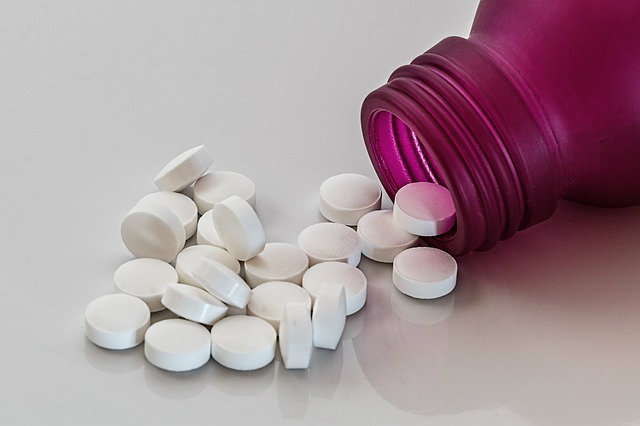
And not only are you not getting the benefits of sleep when taking a sleeping pill, but taking a sleep aid doesn’t result in additional sleep, either. According to a survey of three studies containing 65 separate drug-placebo comparisons and 4,378 participants, the amount of sleep you get when taking sleeping pills is equal to a placebo.
This is why, when insomnia strikes, you’ll need to have sleep solutions that don’t come in a bottle. And, surprisingly, some of the things you do outside of bedtime can have the biggest impact. So, here are four sleep solutions I’ve tried that can help you get the better sleep your body needs.
Sleep Solution 1: Get Out of Bed
Tossing and turning in bed for hours is not a good way to combat insomnia. In fact, it may make the problem worse by creating an association between your bed and sleeplessness.
An effective — but difficult — technique to get back on track is called sleep restriction. The idea is to restrict your time in bed each night, purposely inducing a state of sleep deprivation, then gradually going to bed earlier and earlier.
Following this technique fully may require the help of a sleep therapist, but for mild insomnia, you can try just getting out of bed if you’re sleepless for more than twenty minutes. Go read a book or listen to a podcast, but don’t watch TV or read on your phone. Stay up until you feel truly sleepy, then try again.
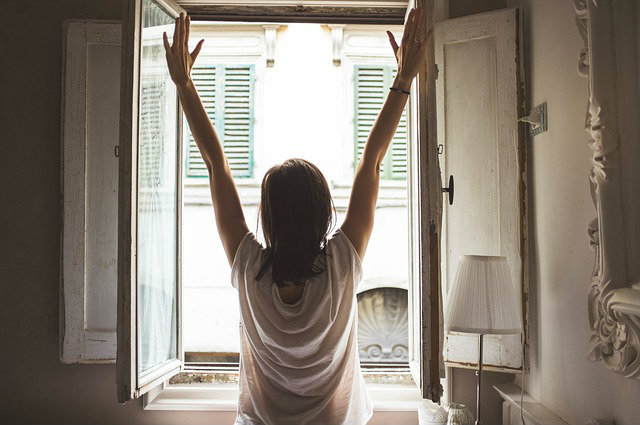
Sleep Solution 2: Get 10 Minutes of Sunlight
Humans are not nocturnal — we are meant to be awake during daylight and to sleep when it’s dark. Melatonin, a hormone that controls our sleep and wake patterns, is produced in the dark and stops when we are in sunlight. Take away these natural dark and light cues, and our sleep patterns can fall apart.
If you’re struggling to sleep when it’s dark, make sure you are getting ten to fifteen minutes of sunlight each day, ideally in the morning. Some research shows melatonin reacts to optic absorption, or sunlight through your eyes, so aim for 10 minutes outside without sunglasses (but don’t look directly at the sun, of course—just being outside is fine). If you live in place where there’s very little sunlight, consider buying a seasonal affective disorder (SAD) lamp.
Sleep Solution 3: Screen-free Nighttime Routine
Speaking of melatonin, the blue light of smartphones, laptops, and computers can suppress the natural nighttime release of melatonin, which can lead to sleep problems. Television also emits a blue light, but is seen as less of a problem because we’re usually farther away from our televisions, absorbing less of the blue light.
If falling asleep is difficult for you, consider instituting a curfew on all your devices, and spend the last hour or so before bed with a book or magazine. This may also help you mentally wind down for the night, instead of getting riled up by the news or your social media feed. For me, reading a novel at night helps me put aside my own worries and responsibilities and escape into another world before bedtime.
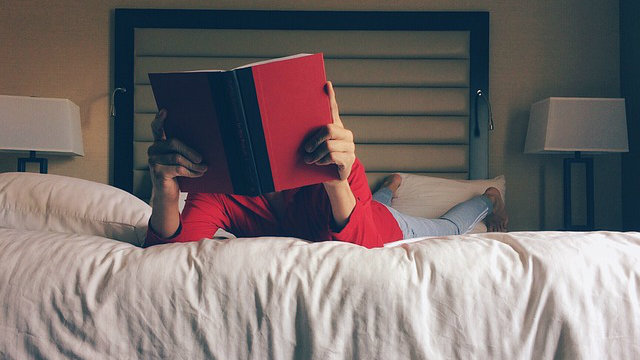
Sleep Solution 4: Reduce or Avoid Caffeine and Alcohol
It’s a vicious cycle: you sleep terribly, then drink a bunch of coffee to feel alert, and then the caffeine keeps you up at night.
If sleep is elusive, take a look at your caffeine consumption. Most experts recommend avoiding caffeine for four to six hours before bed, but everyone processes caffeine differently, so it’s better to put aside the coffee before noon. If your sleep still doesn’t improve, consider switching to tea or giving up caffeine entirely.
Alcohol is another sleep-disturbing substance. A glass of wine or two will make you feel sleepy—at first. But as the body processes alcohol, it disturbs the sleep, leading to frequent awakenings and poor overall sleep quality.
Try These Sleep Solutions and Feel the Difference
To finally achieve better sleep, put aside the sleeping pills and look at what you’re doing at other times of day:
- Work on getting ten minutes of morning sunlight.
- Reduce caffeine and alcohol.
- Avoid screens before bedtime.
- If you find yourself tossing and turning, get out of bed and read or listen to a podcast until you feel tired.
Following these four healthy sleep solutions can you help break the cycle of insomnia and exhaustion. And, if you’re in the “you can sleep when you’re dead” camp, try adopting “sleep now, it will improve your health” as your new motto.
